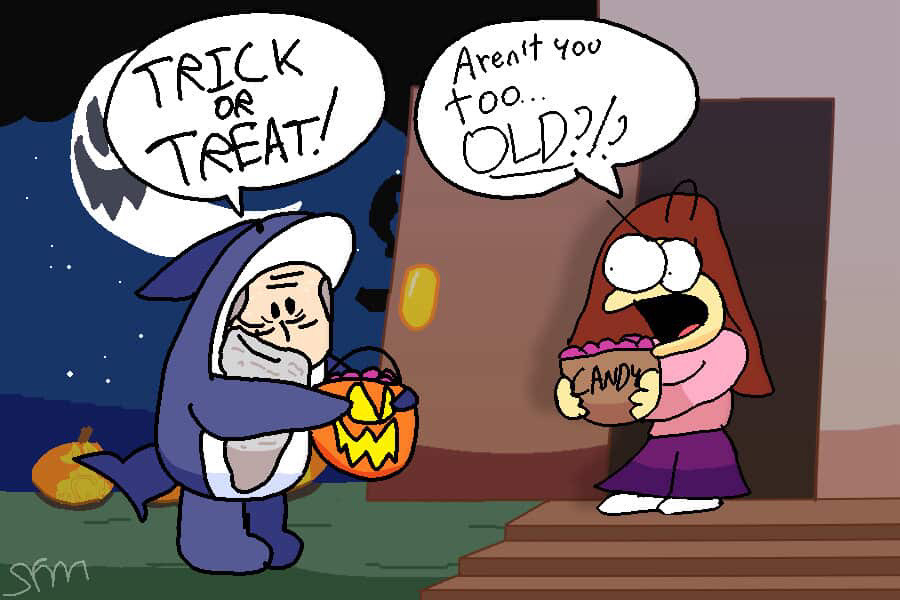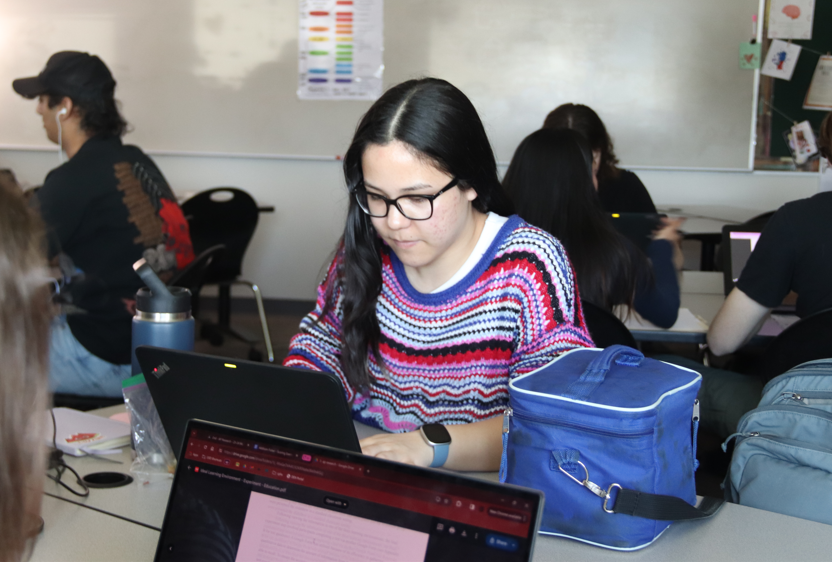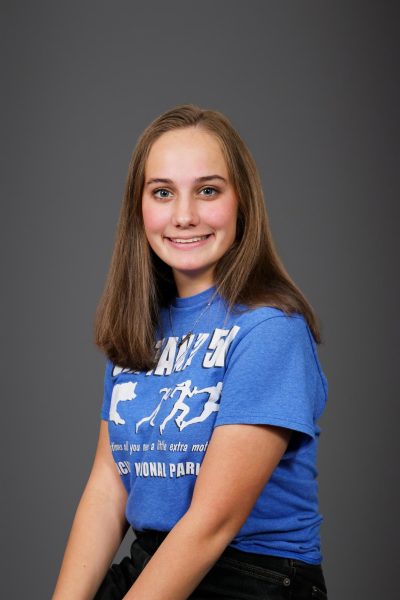The Capstone program involves two year-long classes. If students complete these two classes, which they begin taking in their sophomore or junior year, they get an AP Capstone Diploma as an added layer to their LISD diploma. This program is a way for a student to stand out academically from others with similar course loads and GPAs.
In the AP Research class, the second half of the program, students choose a topic to study over the course of a year and compose a 4,000 to 5,000 word paper on their area of focus and give a final presentation on their findings. During the class, there are many steps and deadlines to ensure everything is done on time.
“There are two steps I consider important,” AP Research teacher Lauren Brannan said. “Choosing the right topic for each student so they stay engaged [and] choosing the right method to help answer their research question. When a student doesn’t create a methodology that actually answers their question, the paper and overall completion of the project becomes more muddled and harder to finish.”
First, students choose a topic of interest and then do research to determine what information is already present in that field. Then, they choose a research gap and create a question to address that gap. From there, they come up with a method to answer their question and write about that method. Currently, students are in the process of collecting their data.
“My favorite part of the AP Research year is January-February,” Brannan said. “This is when students are actively engaged in the methodology and data collection of their project. They are doing interviews, experiments and gathering data and they start to see that there will be an answer to their research question. We all find it exciting.”
Senior Adriana Slack’s research project is looking into the connection between how K-pop idols and their companies utilize social media accounts to connect with American K-pop fans. Sixty-two people have completed her survey.
“It’s hard to look at two months worth of content on a total of 100 accounts across three social media apps,” Slack said. “I’ve learned that there is a lot of potential for mistakes to be made in the research process. If the variables aren’t clear, or your survey questions are accidentally worded in a guided way, or if the identity of your participants is leaked, it could ruin your research by skewing your data or result in what could be considered an ethical wrongdoing in research.”
Brannan has structured the class so that every six weeks is a different part of the final research paper. After the paper is submitted at the end of the year, the students then prepare for the final 20-minute presentation where they will share their knowledge, present their results, findings and what they have learned over the course of this year.
“This class, as well as the AP Seminar, has definitely improved my ability to make connections between sources and write about them,” Slack said. “AP Research in particular has helped guide me through the research process, which can be complicated, and I know that will be particularly helpful for me as I am looking to major in psychology in the future.”
Junior Sanya Hoskere is focusing on the effects of concerts and festivals on small businesses in the Central Texas Area.
“I chose to study this area because I am a huge fan of music,” Hoskere said. “[I] have attended many concerts in the past, such as Travis Scott, ACL and I will be seeing Taylor Swift in a few months. [For my project] I really just want to help small businesses grow and find ways to market to their target concert audience of high schoolers.”
Hoskere has completed two interviews, the first being with the marketing director for a small business called Lemon Perfect and the other a business owner that organizes music festivals. She has also received 80 responses to her survey for high school students.
“From this process, I have learned the importance of gathering detailed information and making sure that my research is ethical and accurate,” Hoskere said. “From the information I have received, I have learned that the main problem for small businesses when they sell their products at concerts is the lack of marketing, as many of my respondents were likely to purchase products, but weren’t aware of the business after the concert.”
Junior Runi Patel is conducting an experiment for her research project and is researching how the fear of missing out (FOMO) in social media can impact friendships and contentment among high school students. She used a multidimensional methodology where she looked at various cognitive, social and mental aspects such as emotions, addiction, contentment, productivity and relationships.
“I chose to focus on social media and FOMO because I am addicted to using social media and I think that media has changed my life greatly,” Patel said. “Compared to others, I got social media later. I have seen that since I have started to use social media I have been quite distracted and have FOMO.”
Patel gives participants an initial survey to divide people into either a control or an experiment group. After that, students are interviewed about their social media habits and feelings about social media. They will engage in an experiment where participants are challenged to not use any social media for a week. During this week, they will fill out a daily google form. Once the experiment is completed, Patel will interview them about how their week was and the findings from that experiment week.
“I’ve learned that if people are more aware of their social media habits they will be more cautious to use social media,” Patel said. “Surprisingly, 50% of people in my experiment saw a reduction in their overall screen time and social media use because they were more aware of their habits. They used the time that they’d use on social media to become more productive and spend time with friends and family.”
Conducting a series of individual interviews, junior Kenzie Vo is researching the topic of dimorphous expressions, which are two opposing expressions that are in response to intense stimuli and situations. Examples of this include crying when laughing, or nervous laughter.
“I wanted to do something that I’ve never heard of before because I knew we would be spending a whole year on this, so I thought choosing a completely foreign subject would keep things interesting for me,” Vo said. “Psychology and how the human brain works has always fascinated me, so when I stumbled on this topic on the internet, I knew this would be a good topic to study.”
Students will complete this project over the course of the school year. Teachers aren’t allowed to assist the students fully through the process, so they have to learn how to do a lot by themselves.
“Overall, AP Research has allowed me to learn a different form of education,” Vo said. “It has shown me that when you are truly interested and dedicated to an area of study, your work and efforts will be much more fruitful. Moreover, it has taught me how to be in charge of my own learning and projects.”
According to Slack, this AP Research project will help the students later in life in their future careers.
“Our college-bound students have all stated that the Capstone program has made them quite successful early in college with their ability to write essays in any subject area, academically present with less anxiety, and academically discuss course material on a deeper level within the classroom setting,” Brannan said. “All of our students have stated that this program has helped them think and discuss a myriad of topics on a deeper level, ultimately preparing them to be able to handle real-world topics and situations outside of high school.”

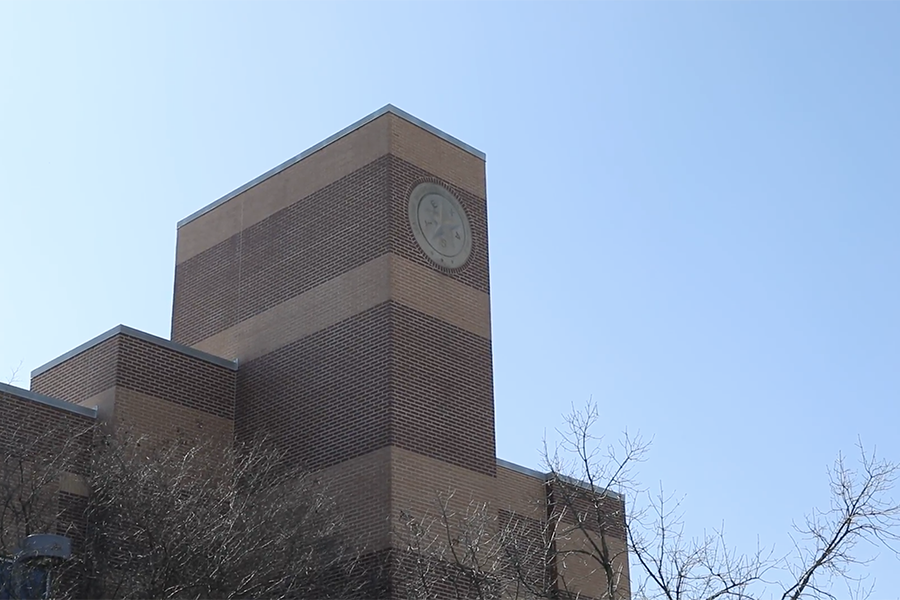
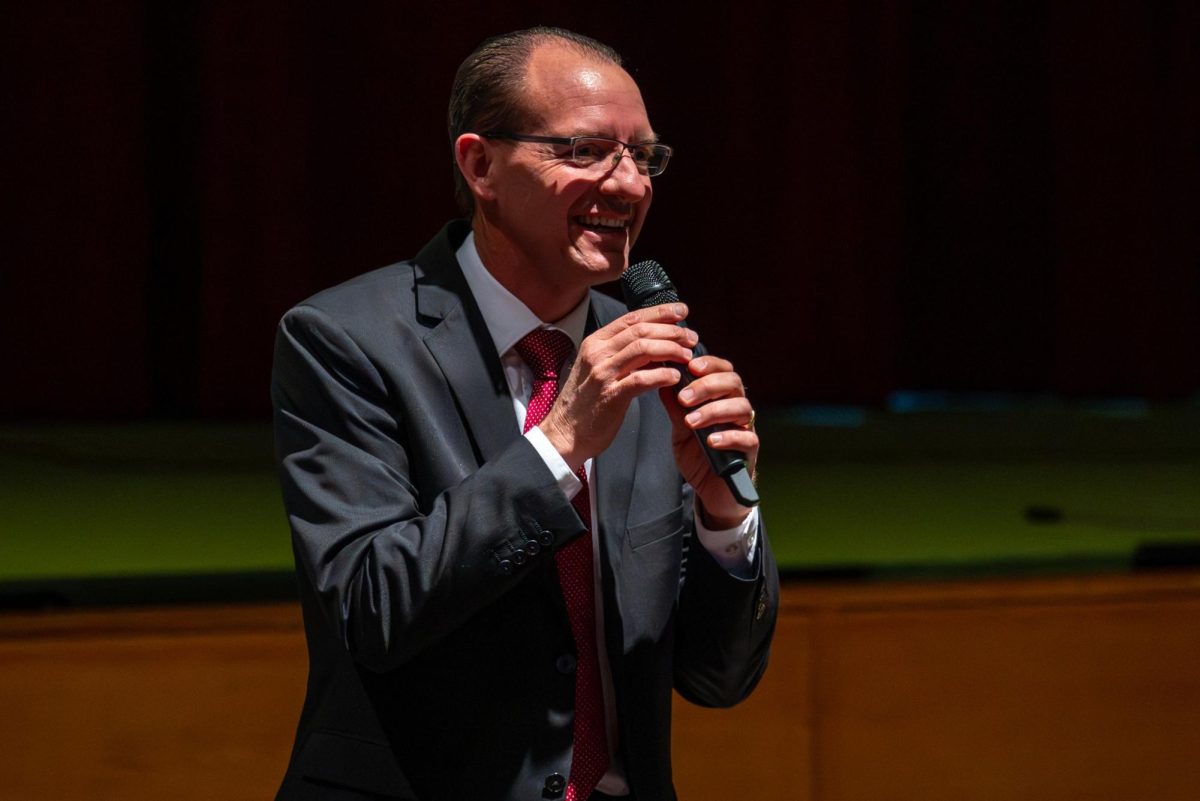
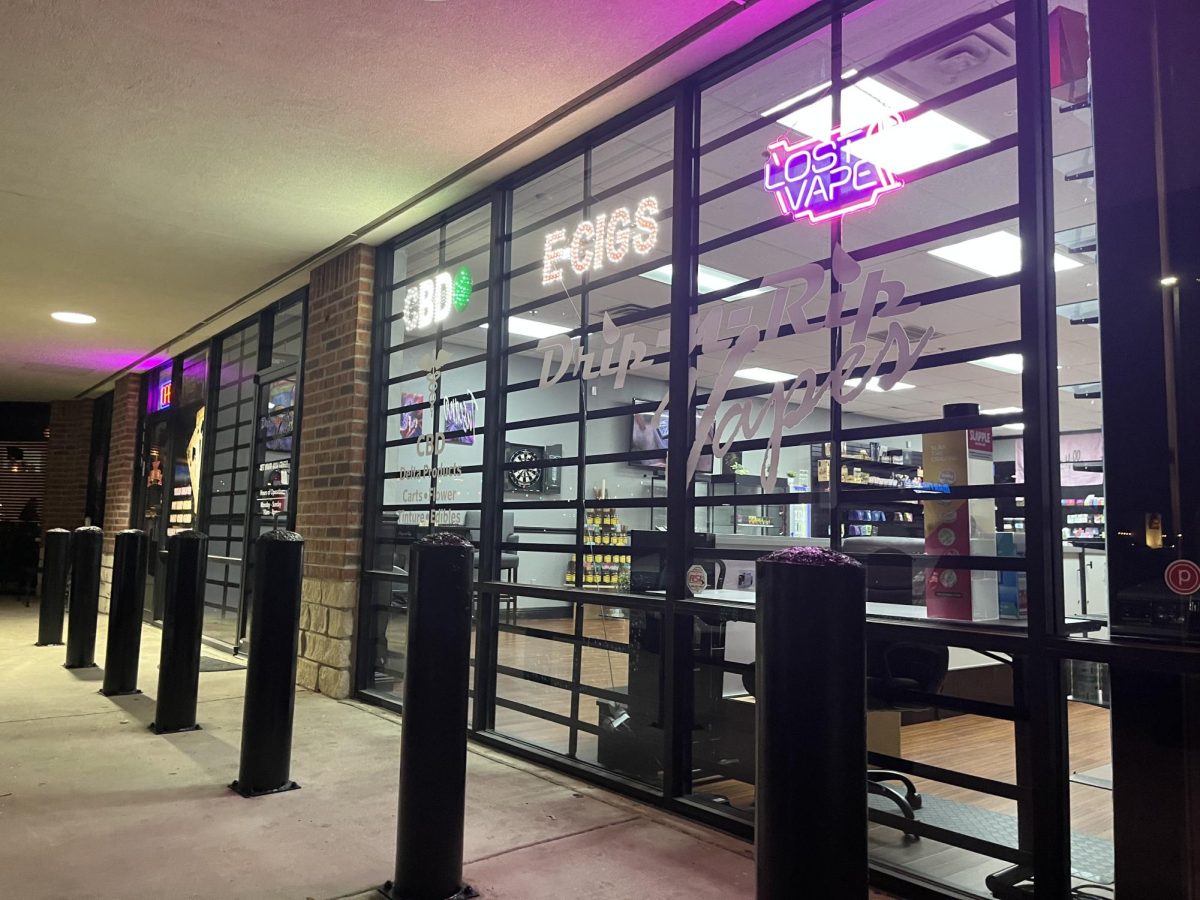
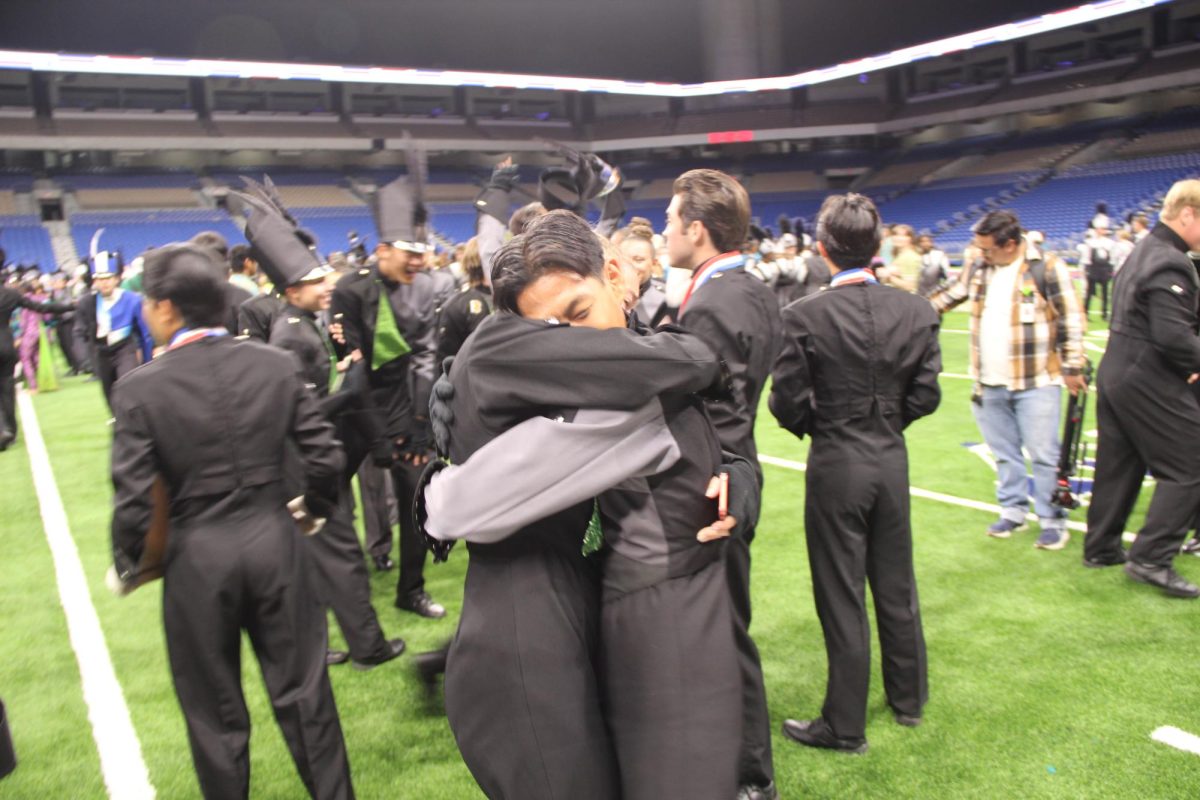
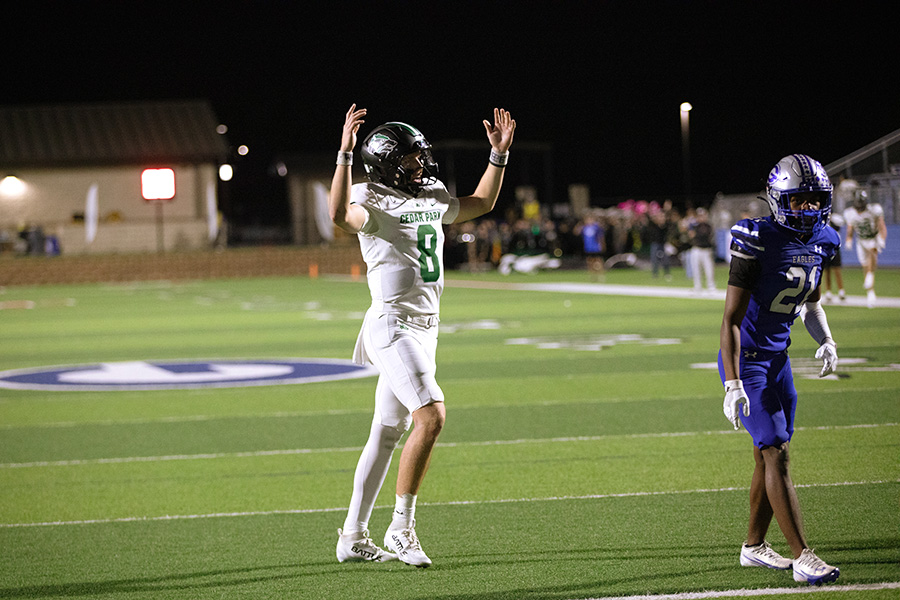
![Senior Jett Mckinney stores all the clothes in his own room, with half of it stored in his closet along with his personal clothes, and the rest taking up space in his room.
“There’s been times [when] there’s so much clothing stored here and it gets overwhelming, so I end up having to sleep somewhere else in the house,” Mckinney said.](https://cphswolfpack.com/wp-content/uploads/2025/11/DSC_0951-1200x800.jpg)
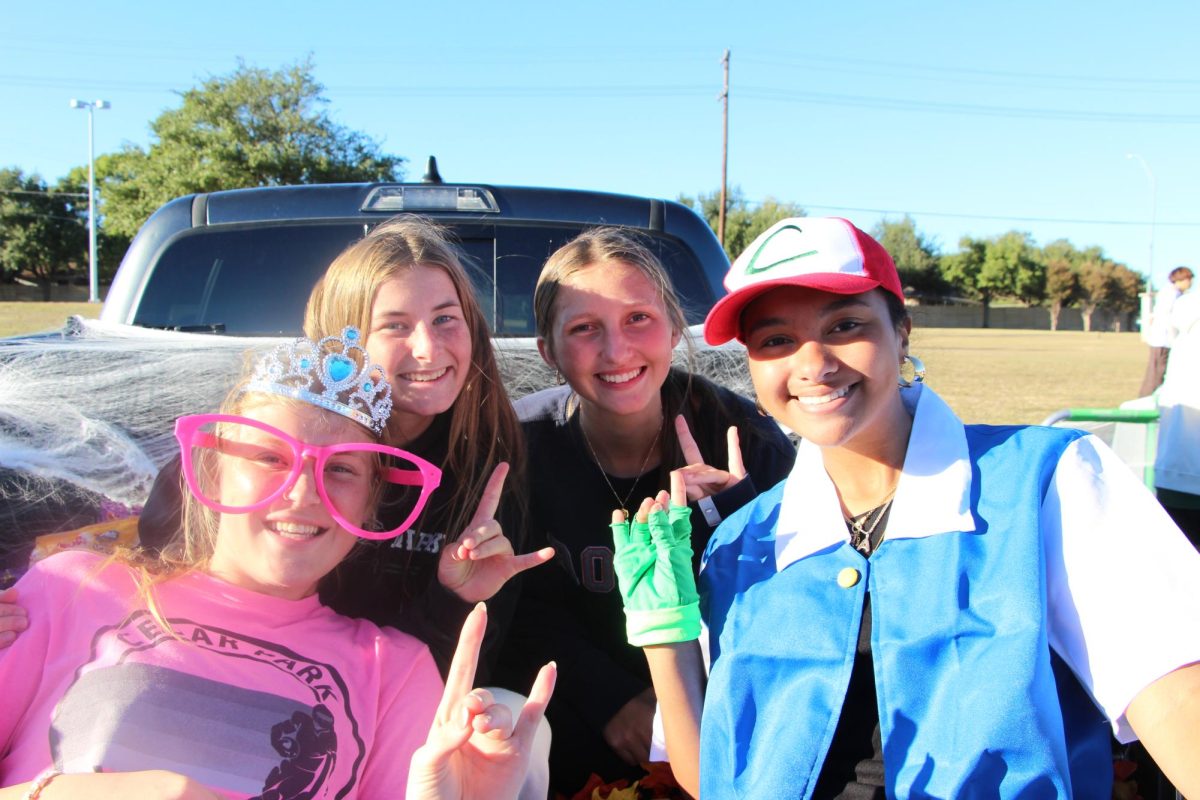


![Broadcast, yearbook and newspaper combined for 66 Interscholastic League Press Conference awards this year. Yearbook won 43, newspaper won 14 and broadcast took home nine. “I think [the ILPC awards] are a great way to give the kids some acknowledgement for all of their hard work,” newspaper and yearbook adviser Paige Hert said. “They typically spend the year covering everyone else’s big moments, so it’s really cool for them to be celebrated so many times and in so many different ways.”](https://cphswolfpack.com/wp-content/uploads/2025/05/edited-ILPC.jpg)

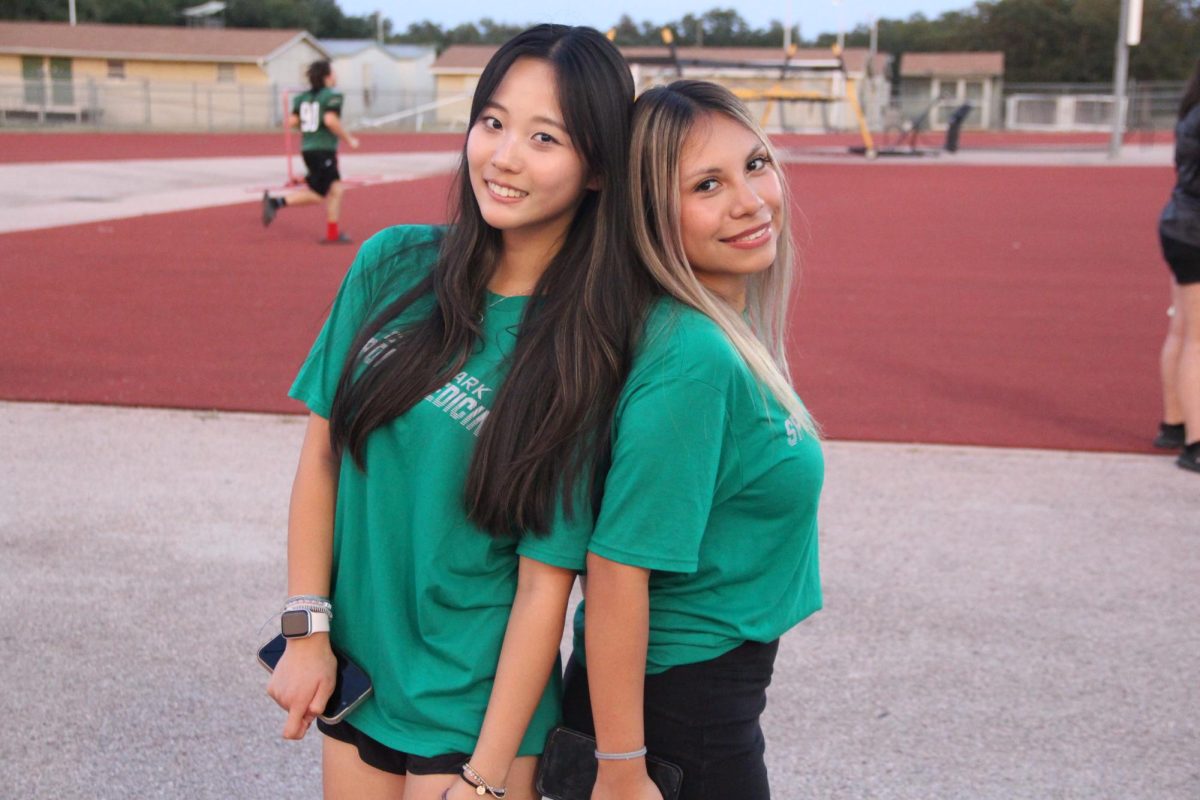


![Looking down at his racket, junior Hasun Nguyen hits the green tennis ball. Hasun has played tennis since he was 9 years old, and he is on the varsity team. "I feel like it’s not really appreciated in America as much, but [tennis] is a really competitive and mentally challenging sport,” Nguyen said. “I’m really level-headed and can keep my cool during a match, and that helps me play a bit better under pressure.” Photo by Kyra Cox](https://cphswolfpack.com/wp-content/uploads/2025/09/hasun.jpg)

![Bringing her arm over her head and taking a quick breath, junior Lauren Lucas swims the final laps of the 500 freestyle at the regionals swimming competition on date. Lucas broke the school’s 18-year-old record for the 500 freestyle at regionals and again at state with a time of 4:58.63. “I’d had my eye on that 500 record since my freshman year, so I was really excited to see if I could get it at regionals or districts,” Lucas said. “ State is always a really fun experience and medaling for the first time was really great. It was a very very tight race, [so] I was a bit surprised [that I medaled]. [There were] a lot of fast girls at the meet in general, [and] it was like a dogfight back and forth, back and forth.” Photo by Kaydence Wilkinson](https://cphswolfpack.com/wp-content/uploads/2025/03/Kaydence-2.7-23-edit-2.jpg)
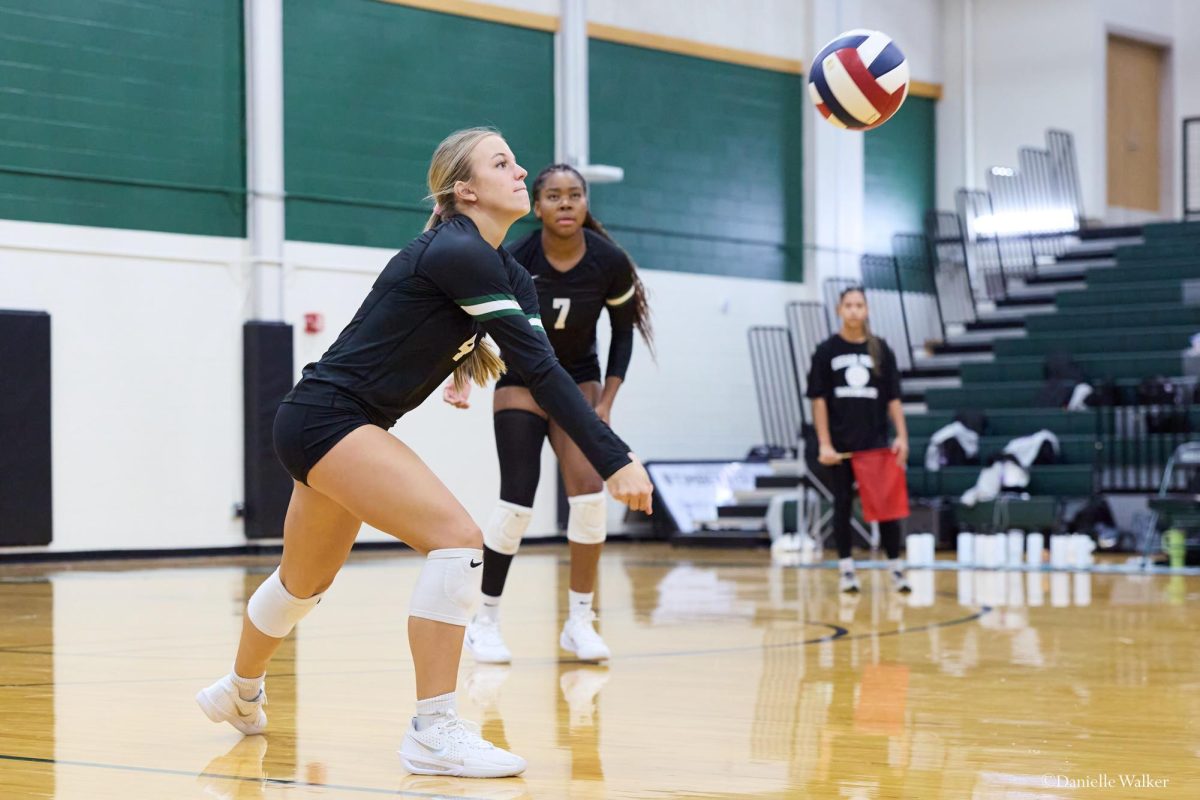

![As her hair blows in the wind, senior Brianna Grandow runs the varsity girls 5K at the cross country district meet last Thursday. Grandow finished fourth in the event and led the varsity girls to regionals with a third place placement as a team. “I’m very excited [to go to regionals],” Grandow said. “I’m excited to race in Corpus Christi, and we get to go to the beach, so that’s really awesome.” Photo by Addison Bruce](https://cphswolfpack.com/wp-content/uploads/2025/10/brianna.jpg)

